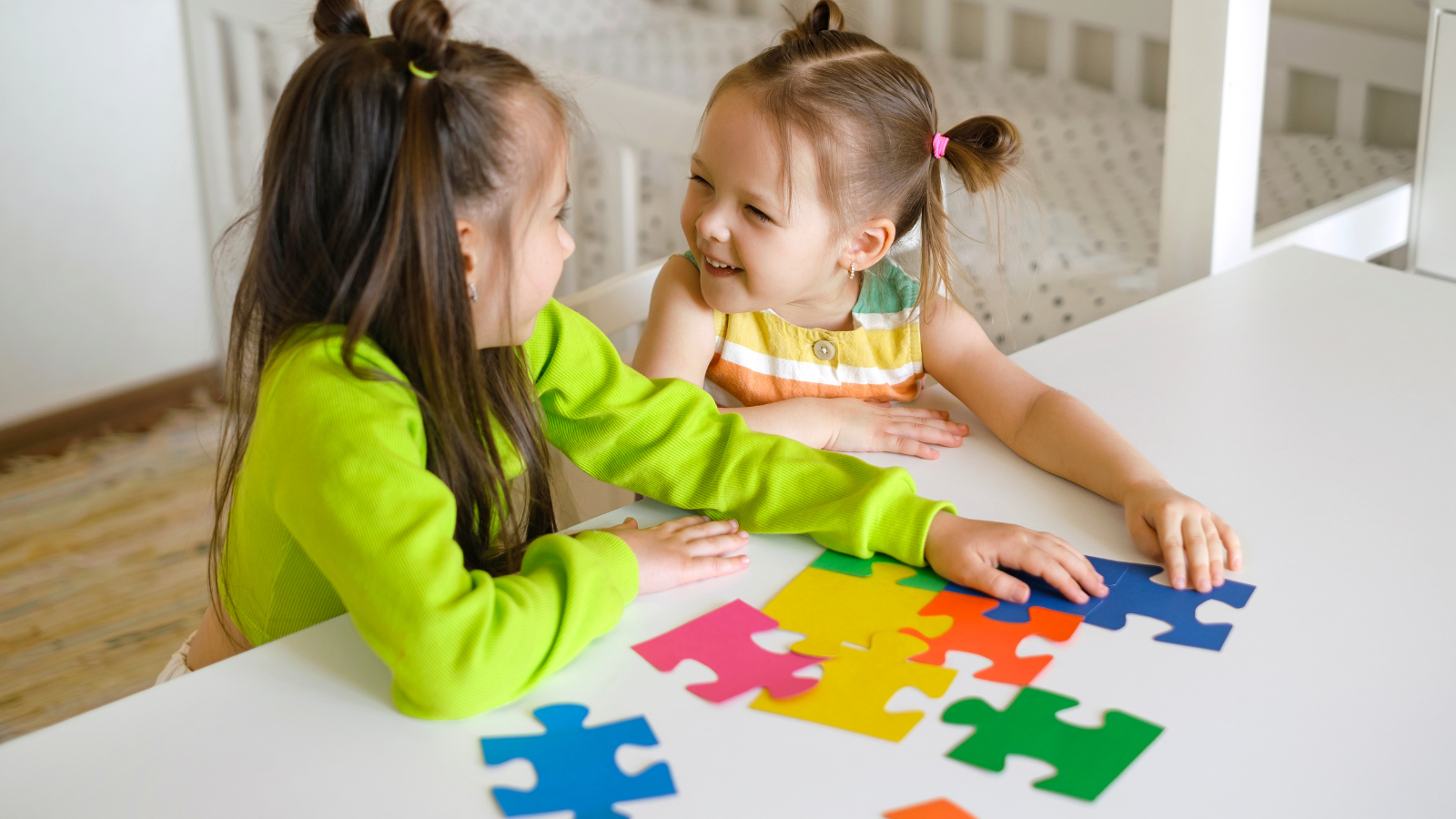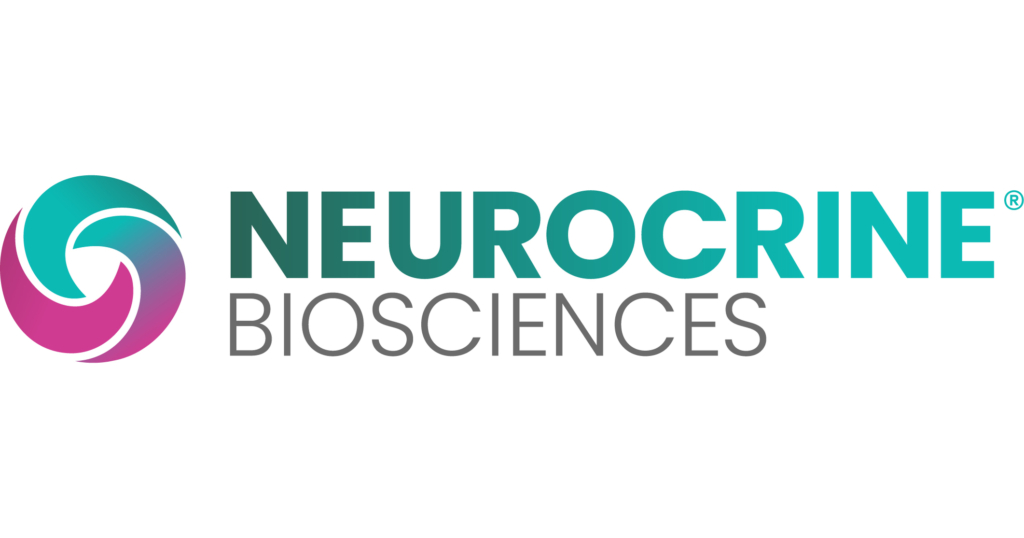

Authors: Bianca C. Kapoor-Heaphy, MD; Sonika Agarwal, MBBS, MD
Children’s Hospital of Philadelphia
Reviewed: November 2022
SUMMARY
Aphasia is a language disorder. It can cause problems in:
- Speaking
- Understanding
- Reading
- Writing
Aphasia happens due to an injury to the brain. It can happen suddenly or over a longer period of time. Aphasia can be mild or severe.
The severity depends on the cause. Some children may recover some or all of their language abilities. Others may not.
JUMP TO
Disorder Overview
DESCRIPTION
In its most mild form, children may have difficulties finding words. However, they can make their needs and wants known.
In the most severe forms, children are unable to understand anything. They cannot express any of their needs.
There are many types of aphasia. They are named based on which symptoms a child has. The main types include:
Fluent or Wernicke's aphasia
Non-fluent or Broca's aphasia
Global aphasia


SIGNS AND SYMPTOMS
Aphasia is diagnosed by a physical and neurologic exam performed at the bedside. Common symptoms may include difficulties in the following areas:
Speaking
Understanding
Children may have one or multiple of these symptoms. A child may not be aware of the language change. Some children may be frustrated that they are unable to communicate normally. Others will not appear bothered.
CAUSES
Aphasia is due to an area of injury to the brain. Such types of injuries include:
- A stroke (this is the most common cause)
- Trauma, or severe injury to the head
- A tumor
- Inflammation due to an overactive immune system
Some progressive neurologic disorders can lead to aphasia. These disorders are more common in adults. They include some forms of Alzheimer’s disease. In most cases, a cause for aphasia can be found.


LABORATORY INVESTIGATIONS
The causes for aphasia are diagnosed with:
A physical exam
Imaging
- A computer-assisted tomography (CT or CAT) scan
- This test is quick. It is available in most emergency departments and hospitals. It does not require any sedation. This test is ideal for looking for a stroke urgently.
- A magnetic resonance imaging (MRI) scan
- This test gives a more precise image than a CT scan. However, it takes longer and may require sedation. It looks for many causes of aphasia.
Laboratory studies


TREATMENT AND THERAPIES
Treatment for aphasia aims to help a person understand and communicate as much as possible. Most treatment will be done through therapy with a speech-language pathologist.
Treatment may be intensive at first and include therapy as often as every day. As time goes on, this therapy may be spaced out.
There are no medicines or surgeries to help with aphasia.
Some children may need medicine to help treat the cause of aphasia.
OUTLOOK
The outcome of aphasia will depend on its severity and cause. Most of the time, aphasia will get better with speech therapy and time.
Diet or exercise changes will not lessen the symptoms of aphasia. The recovery process typically takes weeks to months. Some children will gain full recovery. Others may have lifelong difficulties with communication.
Aphasia will affect a child’s ability to understand and communicate. So, some adaptations may need to be made. Children may benefit from an individualized education plan (IEP). An IEP can provide them with extra support for their learning in school.
Many assistive technology devices can help with aphasia. These devices may be helpful both at school and at home.
Caregivers of children with aphasia may require extra attention, time, or patience during communication. Caregivers can help by using simple language. Creative communication, such as drawing or writing, can also be helpful.
RELATED DISORDERS
Aphasia can be similar to or confused with other speech disorders. These include:
Resources
The mission of Aphasia Recovery Connection (ARC) is to end the isolation of aphasia. ARC’s founder, David Dow, knows exactly how isolating aphasia can be. He had his stroke at the age of 10. ARC is an aphasia family and serves as a lifeline of hope for those living with aphasia. ARC also has a private pediatric aphasia Facebook group, ARC: Kids with Aphasia (0-18), with nearly 200 members. Monthly sessions for teens and tweens with aphasia is offered through a free video conferencing program, Virtual Connections.


Child Neurology Foundation (CNF) solicits resources from the community to be included on this webpage through an application process. CNF reserves the right to remove entities at any time if information is deemed inappropriate or inconsistent with the mission, vision, and values of CNF.
Research
ClinicalTrials.gov for Aphasia (birth to 17).
These are clinical trials that are recruiting or will be recruiting. Updates are made daily, so you are encouraged to check back frequently.
ClinicalTrials.gov is a database of privately and publicly funded clinical studies conducted around the world. This is a resource provided by the U.S. National Library of Medicine (NLM), which is an institute within the National Institutes of Health (NIH). Listing a study does not mean it has been evaluated by the U.S. Federal Government. Please read the NLM disclaimer for details.
Before participating in a study, you are encouraged to talk to your health care provider and learn about the risks and potential benefits.
The information in the CNF Child Neurology Disorder Directory is not intended to provide diagnosis, treatment, or medical advice and should not be considered a substitute for advice from a healthcare professional. Content provided is for informational purposes only. CNF is not responsible for actions taken based on the information included on this webpage. Please consult with a physician or other healthcare professional regarding any medical or health related diagnosis or treatment options.
References
National Institute of Deafness and Other Communication Disorders. Aphasia [Internet]. Bethesda, MD: U.S. Department of Health and Human Services; 2017 March [cited 2022 August 5]. Available from: https://www.nidcd.nih.gov/health/aphasia.
National Aphasia Association. Aphasia Definitions [Internet]. 2022 [cited 2022 August 5]. Available from: https://www.aphasia.org/aphasia-definitions/.
American Speech-Language-Hearing Association (ASHA). Aphasia [Internet]. 2022 [cited 2022 August 5]. Available from: https://www.asha.org/public/speech/disorders/aphasia/.
Thank you to our 2023 Disorder Directory partners:




